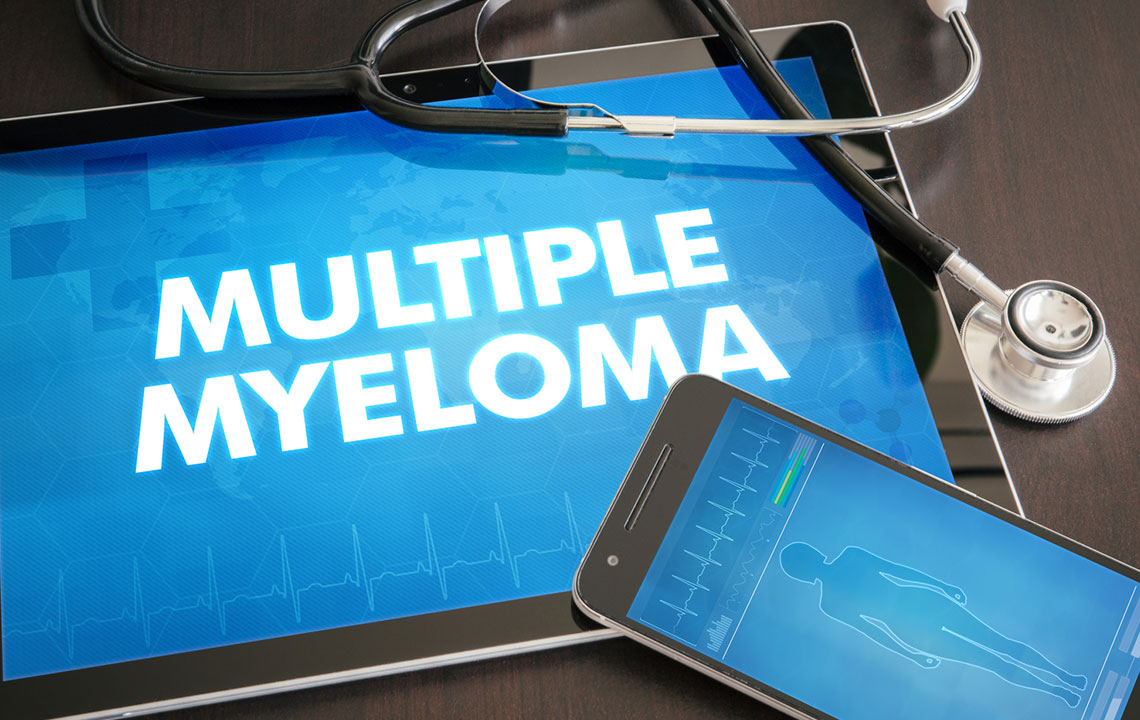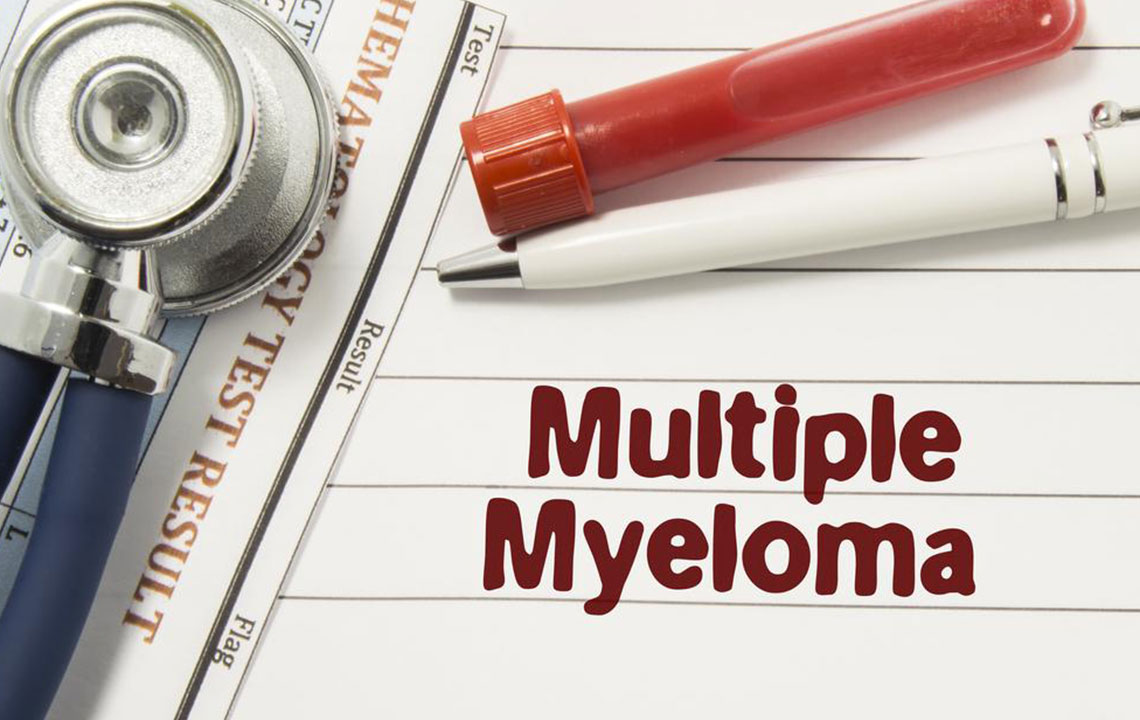Role of Biosimilars in Managing Multiple Myeloma: An Overview
Biosimilars are emerging as cost-effective alternatives in multiple myeloma treatment, offering comparable safety and efficacy to original biologics. This overview discusses their regulatory standards, clinical applications, cost benefits, and safety considerations, emphasizing their growing role in cancer care to improve patient outcomes and affordability.

Importance of Biosimilars in Treating Multiple Myeloma
Biosimilars are biologic medicines designed to mimic original branded treatments for specific diseases. Also called follow-on biologics, they are approved alternatives produced by different manufacturers after patents on original biologics expire. While not identical, biosimilars match their reference products in quality, safety, and effectiveness.
Research and Application of Biosimilars in Multiple Myeloma
The use of biosimilars for multiple myeloma management is rapidly evolving, especially in addressing both disease treatment and side effect mitigation.
Considering the high costs associated with cancer therapies, ongoing efforts focus on developing affordable biosimilars. For instance, Filgrastim offers a budget-friendly option to support treatment and recovery in multiple myeloma patients.
Regulatory Standards for Biosimilars
Since biosimilars are not identical to their reference products—due to manufacturing differences—they must undergo strict regulatory evaluation to ensure safety and efficacy. Manufacturers do not have access to the original formula, which lends to slight biological differences, but they must demonstrate comparable clinical performance through rigorous testing.
Common drugs used in multiple myeloma include Thalidomide, Lenalidomide, Pomalidomide, Bortezomib, and monoclonal antibodies like Daratumumab, which have biosimilar counterparts. For example, Filgrastim, approved by the FDA, boosts white blood cell counts prior to stem cell transplants. Biosimilars must show they deliver the same clinical outcomes and safety profile, with additional studies required to confirm no efficacy loss when switching from the original medicine.
Pricing of biosimilars is generally about 20% lower than brand-name counterparts, broadening accessibility. Patients and physicians should verify insurance coverage and costs before choosing biosimilars for treatment.
Safety and Side Effects of Biosimilars
Concerns about biosimilar safety are common, but FDA approval involves extensive testing to confirm quality. As with all cancer treatments, side effects may occur, such as gastrointestinal issues—nausea, vomiting, diarrhea, and appetite loss. Physicians will tailor supportive care to help manage these effects, ensuring patient comfort during therapy.










